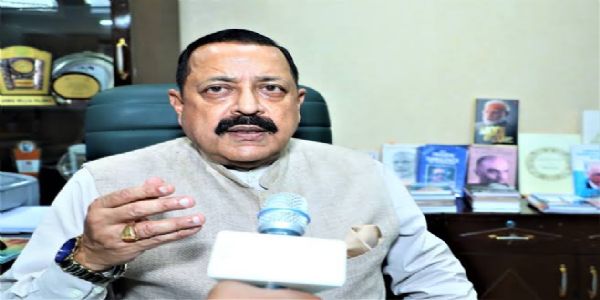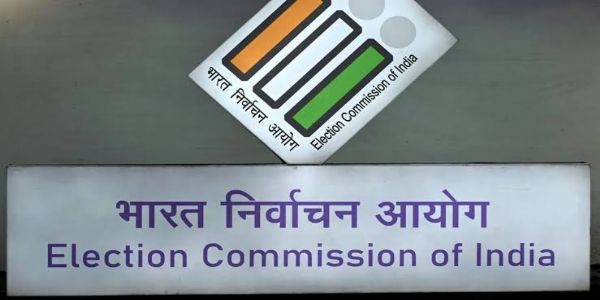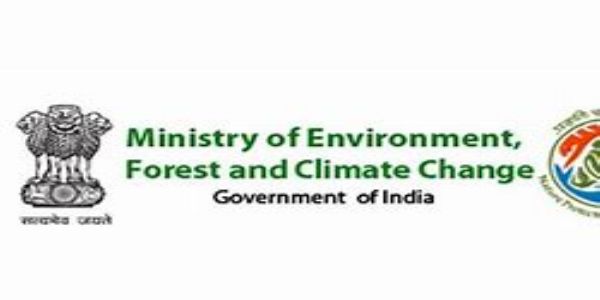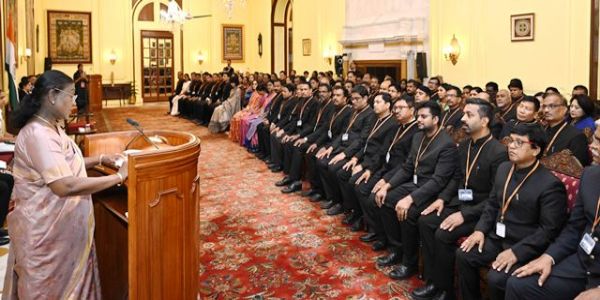
New Delhi, June 2 (H.S.): Prime Minister Narendra Modi addressed the IATA's 81st AGM and World Air Transport Summit in New Delhi, emphasizing India's transformative role in aviation and its emergence as a global leader. He identified three foundational pillars for India's aviation sector: a large market reflective of an aspirational society, a dynamic talent pool, and an open policy ecosystem to promote industrial growth. Modi highlighted that India is the third-largest domestic aviation market, with over 15 million first-time flyers due to the UDAN scheme, anticipating passenger traffic to grow from 240 million to 500 million by 2030. He also noted air cargo transport is expected to double from 3.5 million to 10 million metric tons by decade’s end.
PM Modi pointed to the rapid growth of India’s airports from 74 in 2014 to 162, and over 2,000 new aircraft orders by Indian airlines, showcasing advancements in accessibility and sustainable aviation. He noted significant progress towards sustainable aviation fuels, digital innovations like the Digi Yatra app for seamless travel, as well as reforms to enhance the aviation sector and align laws with global standards. He reinforced India's vision to be a global manufacturing hub and enhance its appeal for aircraft leasing, particularly through initiatives at GIFT City. Overall, PM Modi's address reflected India's commitment to advancing its aviation sector, prioritizing technology, sustainability, and international cooperation to maximize growth opportunities in the aviation industry.
The new Indian Aircraft Act is designed to meet global aviation standards, facilitating regulatory compliance and attracting international investment in aviation, as stated by Prime Minister Modi. He linked aviation growth to increased flights, job creation, and new opportunities for professionals such as pilots and engineers. Emphasizing Maintenance, Repair, and Overhaul (MRO), India aspires to become a global hub, with MRO facilities rising from 96 in 2014 to 154 today, backed by 100% foreign direct investment and tax incentives targeting a $4 billion industry by 2030.
PM Modi urged stakeholders to see India as a leader in the global aviation supply chain, promoting 'Make in India' and 'Design in India' initiatives. He highlighted the significant contribution of women in aviation, noting that over 15% of pilots and 86% of cabin crew are women, exceeding global averages. He also underscored the future role of drones and their potential to empower various sectors, particularly for women.
India's dedication to aviation safety aligns with ICAO regulations, affirmed by a positive safety audit and the adoption of the Delhi Declaration, aiming for global aviation excellence. The Prime Minister reiterated India's support for Open Skies, Global Connectivity, and the Chicago Convention principles, urging collaboration for accessible, affordable, and secure air travel. The event, including the IATA’s 81st Annual General Meeting, showcased commitment among stakeholders to enhance connectivity and foster innovation within the aviation sector.
Hindusthan Samachar / Jun Sarkar








